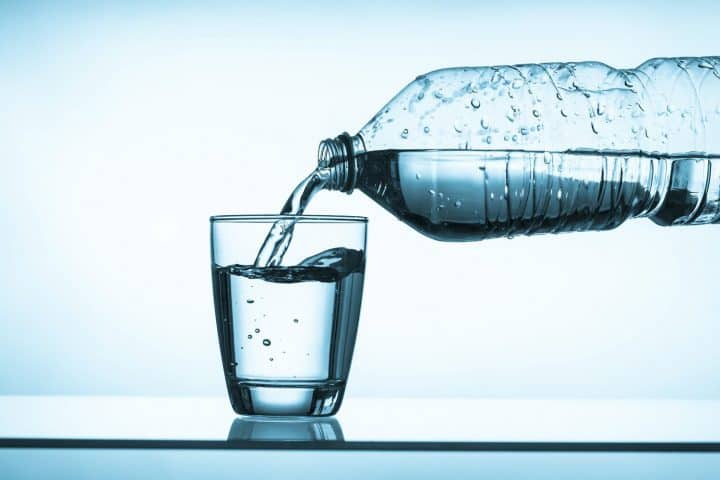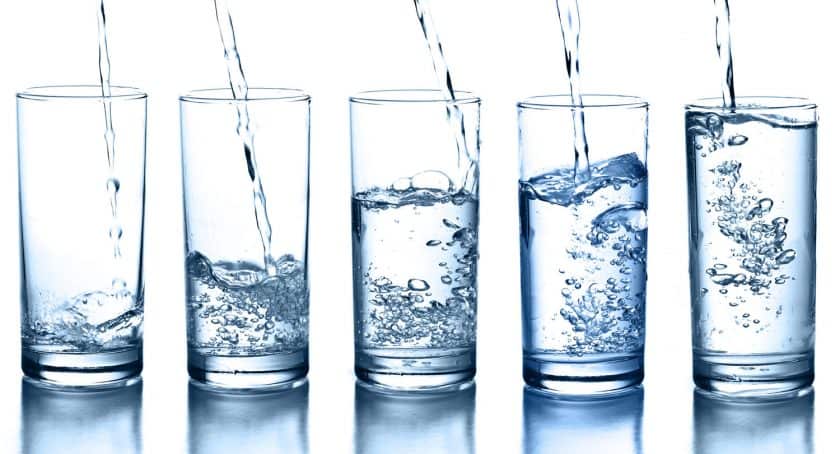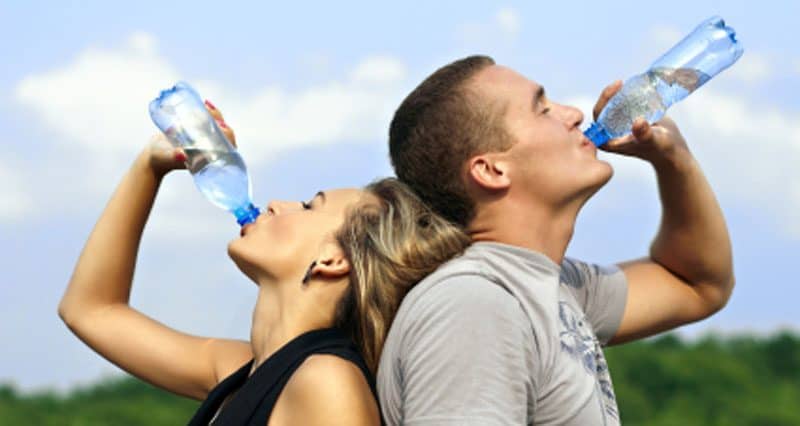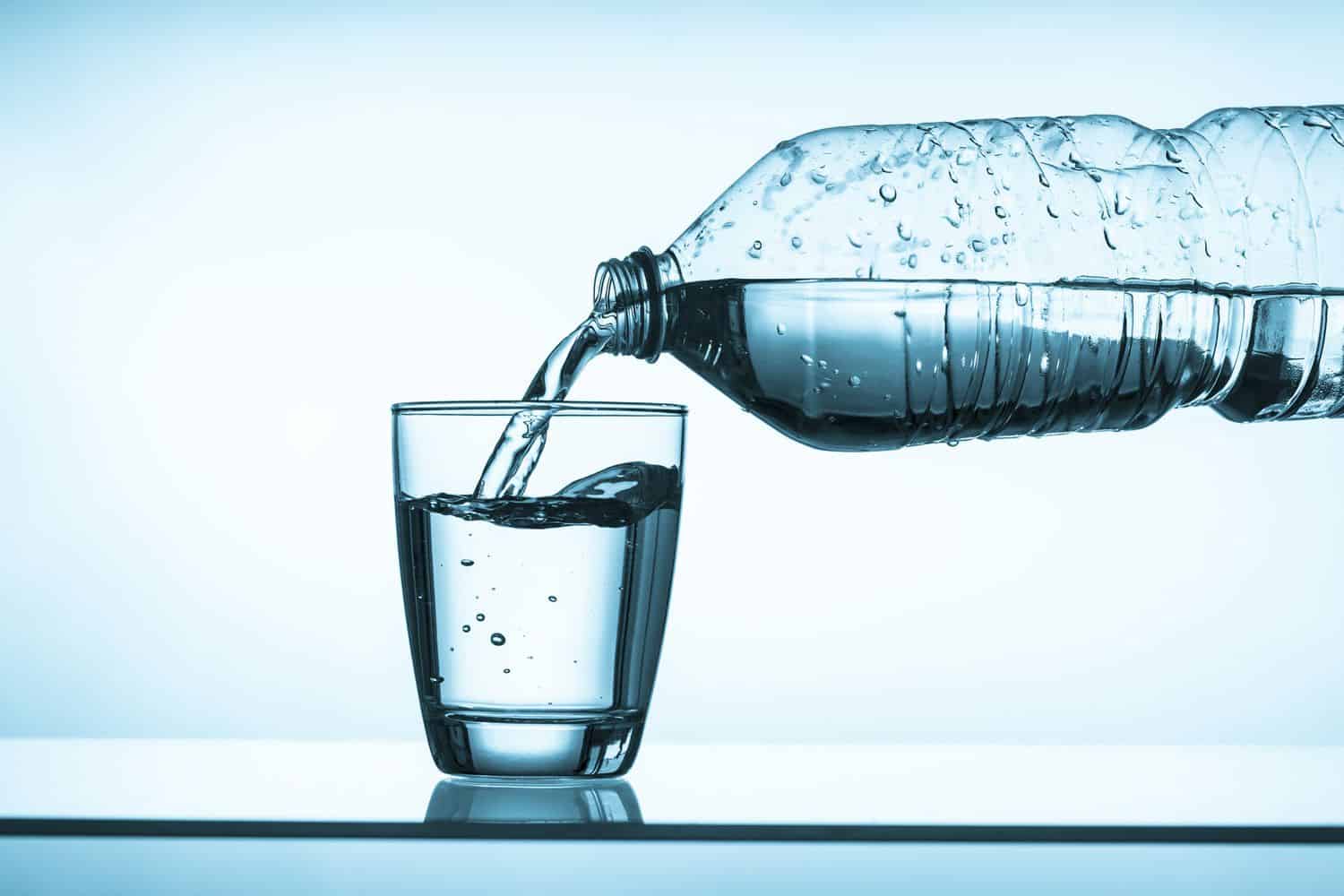Introduction
Particularly during the busy festive period and the colder months throughout the Winter, it can be more difficult than usual to remember to drink lots of water and keep hydrated. However, drinking plenty of h2o is key for everyday hydration and it’s a habit we should all be prioritising for our health.
The UK Government Eatwell Guide says we should be consuming between 6 – 8 cups (approx. 250ml/cup) of fluid each day for optimum health. As well as water, this includes fruit juices, hot drinks such as coffee and tea and milks. Considering water contains no calories and no sugar, it’s widely advised that water in it’s purest form should make up the majority of this recommended intake.

Why does our body need water?
In addition to keeping up our energy levels and helping with those hangovers, water is a crucial element to keep our body functioning normally. Water helps our body to regulate a normal body temperature; supports our organs such as the liver and kidneys to flush out waste products; protects our tissues, spinal cord and joints; carries nutrients and oxygen to cells and is vital for normal brain function. In summary, it’s essential for our health.
Tips for drinking more water
Simply drinking to quench your thirst should ensure you are drinking enough. However, this is not always as easy as it sounds! Here are some ways to help increase your water intake and meet your daily requirements; particularly important in warmer summer months.
-
Keep a reusable water bottle with you. With a reusable bottle, you can drink water wherever you are and sip throughout the day. It’s also a visual reminder to drink more. Water bottles with measurements indicating how many millilitres you have drank are particularly effective as they also motivate you to track your intake.
-
Set reminders. Using your phone or smartwatch to set reminders is a great way to remind you to drink at regular intervals. A pop-up nudge every 30 minutes is an effective way to remind you to take a drink!
-
Tie drinking water into a routine. This could be drinking a glass first thing in the morning and just before bed or each time you eat a meal. Also, if you work a standard 8-hour working day, drinking one glass per hour means you’ll be meeting your daily requirements: a method to help keep your intake consistent.
-
Flavour your water. You may not particularly like the taste of water or would be more motivated to drink more if it’s flavoured. Adding fresh lemon/lime and no added sugar squash are just a couple of healthy ways to add flavour. Don’t forget sparkling water too: it has the same benefits as tap/spring water and will keep your body hydrated.
- Eat more foods with high water content. There are many fruit and vegetables that are great sources of water. Celery, lettuce, mushrooms and melon are all over 90% water and all contribute to your fluid intake as well as provide other nutritional benefits.

Symptoms of mild dehydration
As well as regularly feeling thirsty, there are other symptoms that may be indicating you aren’t drinking enough water. These can include:
-
Feeling tired during the day
-
Occasional dizzy spells
-
Regular headaches
-
Darker yellow-coloured urine
-
Urinating only a few times per day
-
Drier skin than your normal complex
-
Dry mouth
Adopting some of the habits above will help you to drink the water your body requires to function at its best each day and reduce these undesirable dehydration symptoms. It is important to state that excessive and persistent thirst despite drinking plenty of fluids could be a sign of an underlying problem and you should consult with a medical professional.

Who might need more water?
Some people are at a higher risk of dehydration and require more water than others. This can include those:
-
Who exercise regularly at high intensities / for long periods*
-
Have certain medical conditions (e.g. diabetes, kidney stones)
-
Are pregnant or breastfeeding
-
Are sick (fever, vomiting, diarrhoea)
-
Who live or work in hot, dry conditions
-
Who are elderly**
*Sports drinks can also be helpful for hydration before, during or after intense or long-duration exercise, especially in warm weather. They contain carbohydrates for replenishing energy and electrolytes (essential minerals) which are key to maximising rehydration after sweating at higher rates.
**Dehydration is a very common health problem among the elderly due to ageing causing body composition to change and the sense of thirst to diminish. Taking sips of water or low-sugar juice throughout the day is highly recommended plus enjoying that favourite habitual cup of tea.
Take home message
Water makes up more than half of our body weight. We lose water every day through sweat, when we go to the toilet and when we breathe.
If you struggle to drink your 8 cups a day, trying out some of these tips will help to increase your intake and keep your body healthy, happy and hydrated.
Author: Laura Brocklebank. Nutritionist

